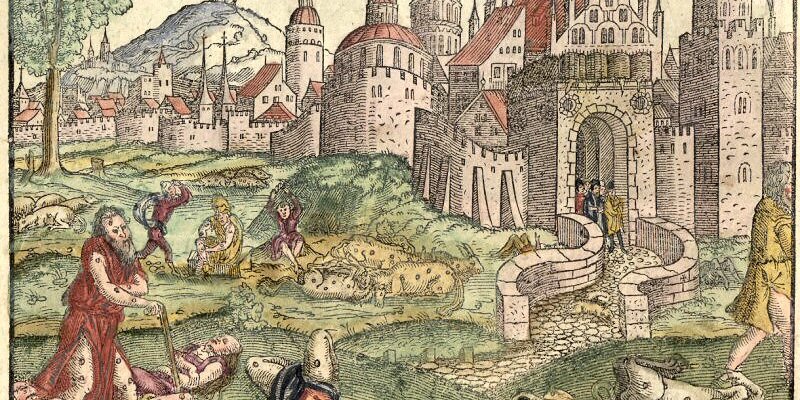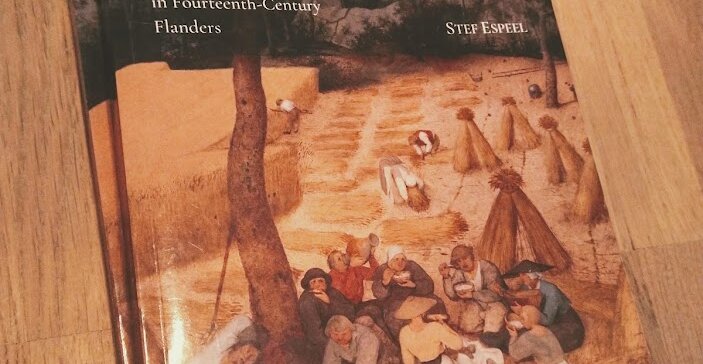Shock Cities. Food Prices and Access to Food in Flemish Cities during the Age of Shocks (1300-1400)
Focussing on the economic history of late medieval Flanders, this project studies the evolution of grain prices and access to food within the Flemish county in times of crisis. During the fourteenth century, Flanders and northern France were hit by the Great Famine (1315-1317), war campaigns during the Hundred Years’ War, the Black Death (1349) and recurrent plague outbreaks. Malthusian assumptions about the link between population densities and resource scarcity would suggest that the densely populated and urbanized county of Flanders was extremely vulnerable to price spikes and food shocks. On the other hand, Flemish cities might have enjoyed an advanced degree of market integration. Did the interregional food trade help to mitigate the impact of food shocks or did the Flemish urban food markets just disintegrate as violently as the English ones during the heaviest shocks?
At a time when resilience to exogenous shocks is at the heart of scientific and social debate, this research project uses the unique test case of the 14th-century crisis in the most urbanized region north of the Alps to analyse the differential resilience of urban populations to food shortages.
PhD-Researcher: Stef Espeel.
Supervisors: Prof. Tim Soens (UAntwerp) & Prof. Alexis Wilkin (ULB)
On 27 August 2021 Stef Espeel successfully defended his dissertation Prices and Crises. The Grain Economy in Fourteenth-Century Flanders. At the moment, he is reworking several chapters of that dissertation into research articles that are to be published in high ranking (open access) journals, including the used data. When these articles are published, this information will equally appear on this project website, including the databases on (a) grain prices and (b) grain income and expenses.
Source headerimage: Luther bible (Hans Lufft, 1572), p. 43 front.




